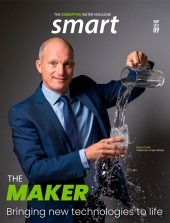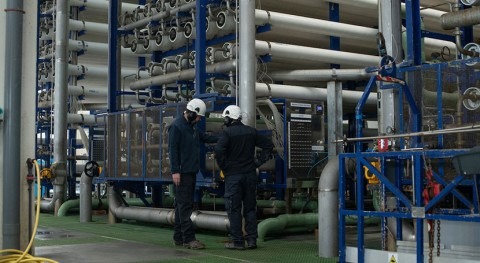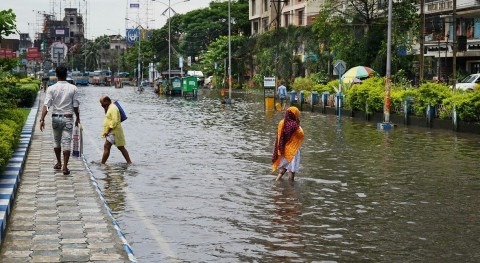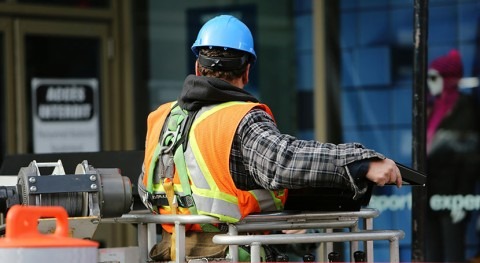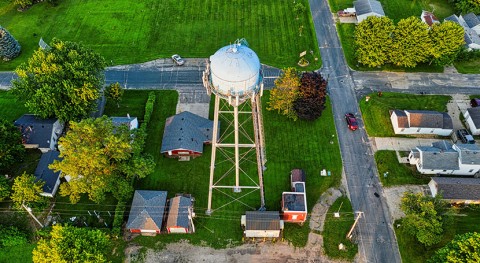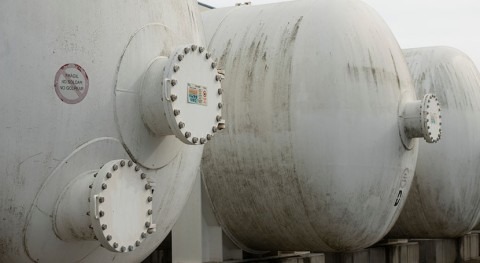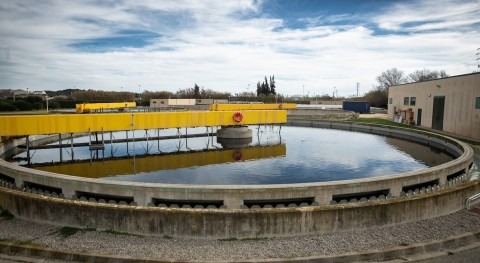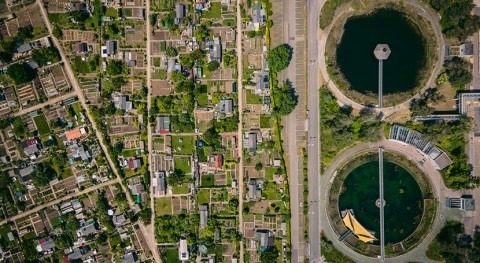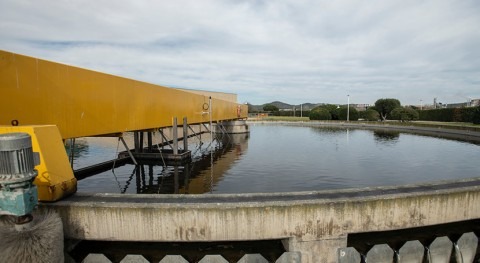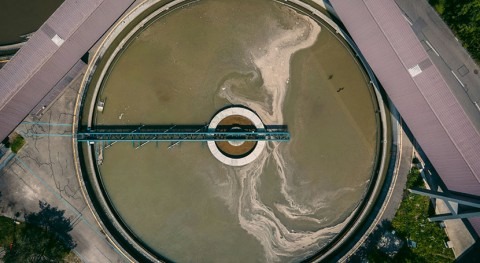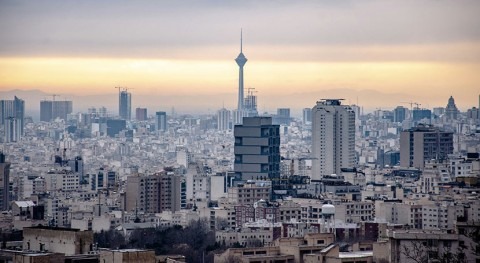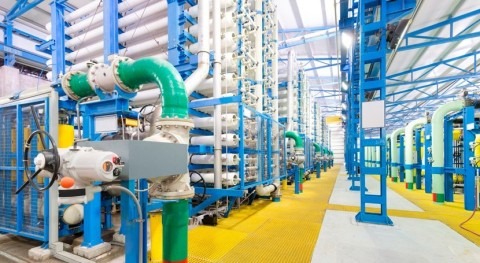How the climate crisis in the Arab region (the most water scarce region in the world) is tackled today and in the coming years will determine the future of the sustainable development agenda and our ability to adapt to increasingly frequent and severe climate impacts. In each scenario, the impacts on development and poor people will be huge especially on water and food security.
While much of the debate in the Arab region around climate finance in the context of sustainable development focuses on “how much,” equally important questions are how or by whom they will be implemented, and how they will be financed. However, the region’s share of global CO2 emissions is less than 5%, there are only 5 of 22 Arab states that have accessed the Green Climate Fund, and efforts must be redoubled to align development co-operation with climate action.
Given the complex challenges to do more with less, the Arab region is highly vulnerable to climate change and can hardly be expected to shoulder climate change alone. New sources of finance and mobilising domestic resources are needed to support climate resilience and adaptation in the region.
The UNESCWA Arab Sustainable Development Report 2020 indicated that from 1990 to 2019, climate extremes such as droughts affected over 44 m people and caused economic damages in the Arab region of $5.7 bn from floods and $6 bn from storms. The World Bank also estimated that MENA has the greatest expected economic losses from climate-related water scarcity, estimated at 6-14% of GDP by 2050.
A new paradigm is therefore needed that turns the current approach on its head and changes the way we manage, finance and cooperate for climate resilient development. It is not only about money; solving climate and development challenges requires creativity and innovation, and collective actions from all actors to drill down into the mechanisms of vulnerability, to look beyond the hydro-meteorological impacts of climate change and consider their interactions with people, planet and policies that are crucial for peace and stability.
New sources of finance and mobilising domestic resources are needed to support climate resilience and adaptation in the Arab region
How we tackle, finance and cooperate for climate change adaptation is a turning point to ensuring we are on track to more sustainable and resilient communities – rather than exacerbate existing challenges and risks in already-fragile contexts.
With so many challenges, we propose that the Arab region focuses on the 5 C’s framework to achieve sustainable and climate-resilient development: Coherence and integration, Co-financing, Cooperation, Capacity and institutional development and Communication and digital transformation.
By aligning climate adaptation and sustainable development with national priorities, the region can get on track on delivering its commitment to the SDGs.
Coherence and integration: the cross-cutting nature between the Paris Climate Agreement and the 2030 Agenda for Sustainable Development requires governments to break out of both policy and institutional silos and to embrace a wider governance participation to ensure both horizontal (across sectors) and vertical (across actors) policy coherence.
Co-financing: leveraging co-financing from public and private sources is critical to bridge the financial gap for climate resilient development, with focus on the priorities and needs of the Arab region.
Cooperation: cooperation is critical to overcome the current pandemic and achieve climate resilient development. Just as COVID-19, climate change knows no national borders.
Capacity and institutional development: this is one of the major challenges of climate policy and should be a central element in all Arab countries to ensure ownership and the building of a community of practice on climate change.
Communication and digital transformation: information and communications technologies (ICTs) are cross-cutting and can drive the deep transformation needed in the regional effort to combat climate change and advance the implementation of the Paris climate agreement and the SDG 13.






